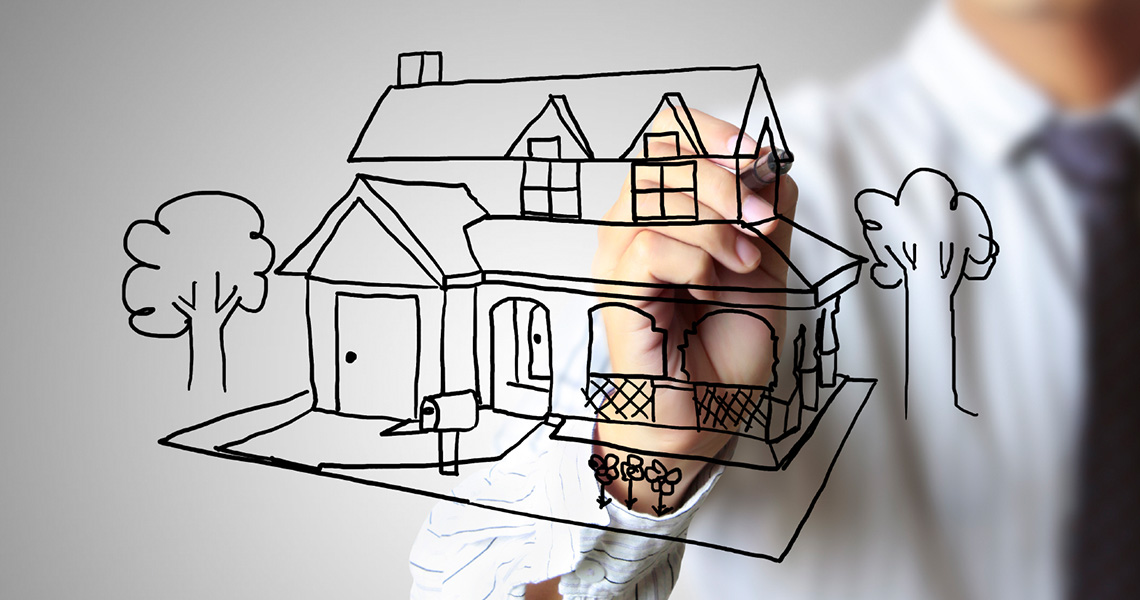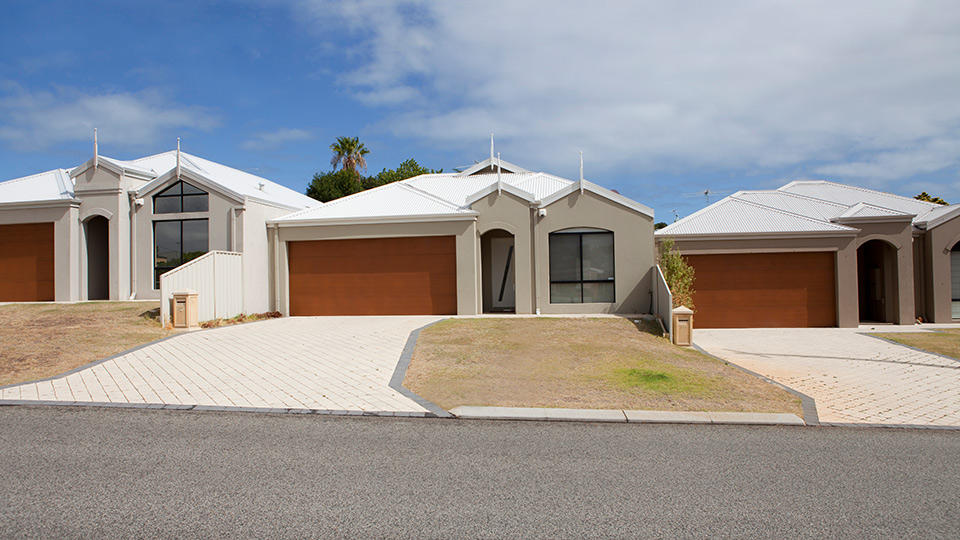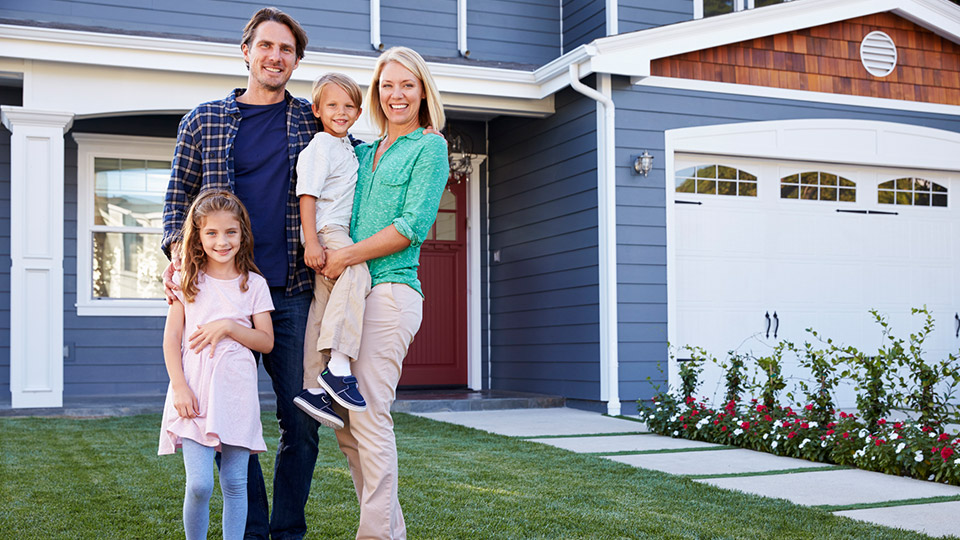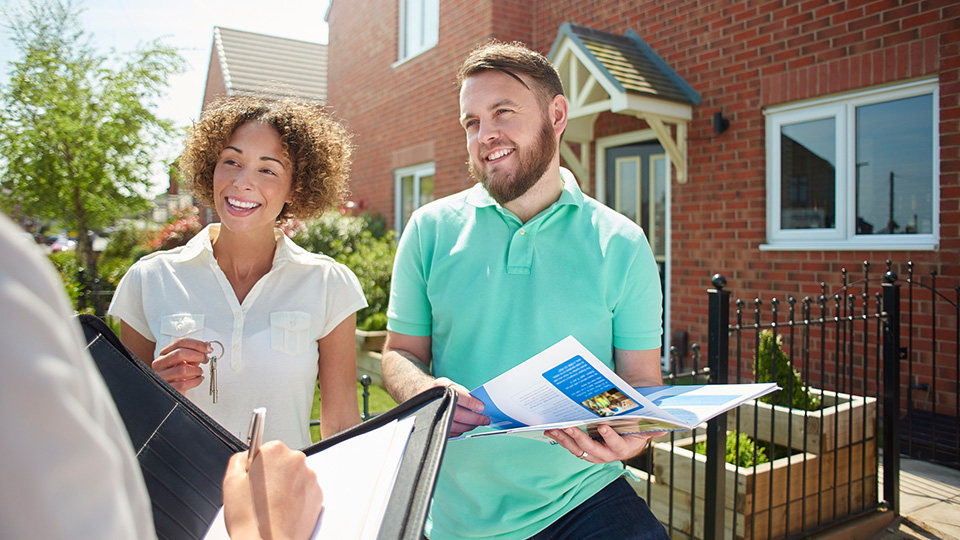June 20, 2017
Your step-by-step guide to buying property in Victoria
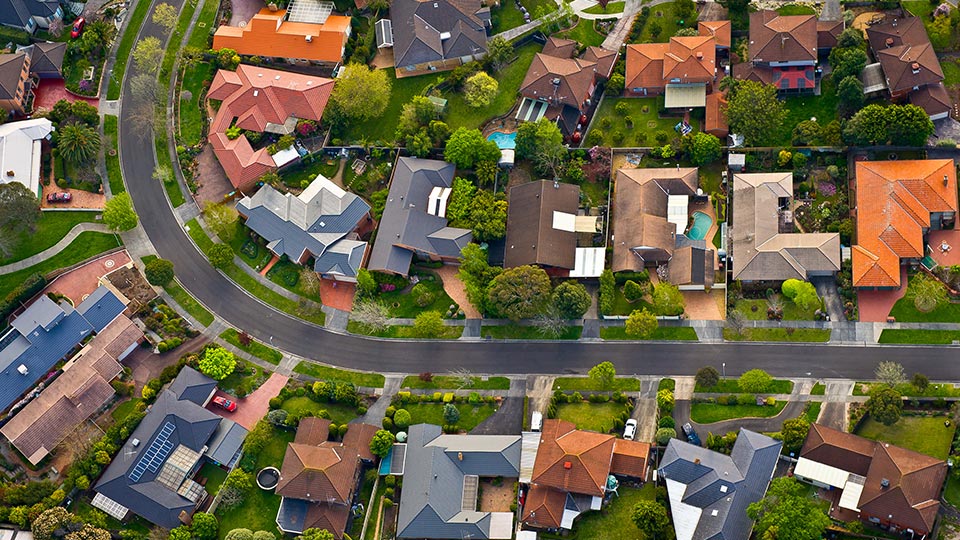
Whether you’re a seasoned investor or a first-time buyer, purchasing property is exciting but it also requires careful research and consideration.
To make the process a little easier, we’ve put together this step-by-step guide to buying property in Victoria.
Save the deposit
Optimally, you should aim to save 20 per cent of the purchase price, plus enough to cover up-front costs like stamp duty, loan application fees, mortgage registration fees, insurance, moving costs, building and pest inspections, and legal fees.
If you borrow more than 80 per cent of the purchase price, you may have to pay lenders’ mortgage insurance, which can be costly.
Lenders are more inclined to approve your home loan if you have a solid track savings track record.
Factor in the stamp duty
The amount of stamp duty you’ll pay depends on the property’s value, the intended use and whether you are entitled to any stamp duty concessions or exemptions.
The Victorian Government recently announced plans to abolish stamp duty for first-home buyers purchasing property of $600,000 or less, and concessions for those purchasing properties priced between $601,000 and $750,000.
The government also proposed increasing the First Home Owner’s Grant (FHOG) from $10,000 to $20,000 for new properties purchased in regional Victoria. The measures are due to be approved by the Victorian Government in June and introduced from July.
You can access up-to-date information about the FHOG and stamp duty here.
Know your borrowing capacity
Knowing your borrowing capacity before you begin searching for a property will save you time looking at properties that are outside your budget.
At LDB, we can explain how much you can realistically afford to borrow, and what your repayments will be.
Don’t forget to factor in ongoing costs, such as rates, water fees, insurance and strata levies.
If it’s an investment property, you may also have to pay land tax on taxable land valued at $250,000 or more, and a 1.5 per cent absentee owner surcharge.
Get pre-approval
It’s also a good idea to secure pre-approval on your home loan before you start shopping for a property.
That way, you won’t miss out on your dream home or investment by not having the finance in place.
Having pre-approval also shows vendors you’re serious about buying.
Find the right property
The property you buy will largely depend on whether it’s an investment or to live in.
If you’re buying for investment, be sure to research the capital growth potential and rental yield. Consider the kinds of amenities your future tenants may desire, such as access to public transport and good schools.
If you’re looking for a home to live in, make sure the property is likely to appreciate in value, while also marrying with your lifestyle needs. Remember, not everyone can afford their ideal location or property, but you can always trade-up down the track.
When you find the right property, don’t forget to arrange building and pest inspections and have the sale contract checked by your conveyancer.
And if you’re not confident about the buying process, consider appointing a buyer’s agent to negotiate on your behalf or bid for you at auction.
We’re here to help
LDB’s property experts provide professional, independent property-related advice tailored to each client’s needs.
We can help with everything from advocacy during the purchase or sale process, to owners’ corporate management.
To find out how we can help you, please call (03) 9875 2900 or send us details via the contact form below.
